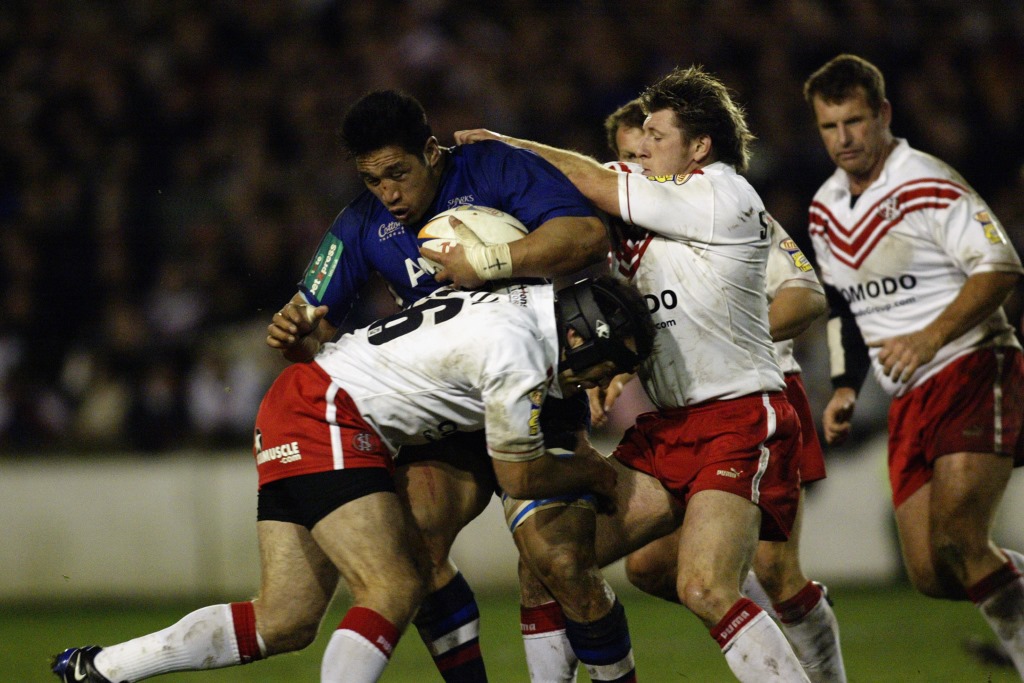
Former Sale Sharks back row and St Helens prop Apollo Perelini reflects on his career as one of the small band of Pasifika players in the Premiership.
WHEN we beat Wales in the 1991 World Cup it was the highlight of my Rugby Union career. To win 16-13, at the Arms Park, such an iconic stadium, in front of all those Welsh fans, made it really special.
The acknowledgement of the crowd for what we achieved flowed all the way through the Pacific Islands and everyone felt proud to be Samoans.
Before then, no one knew where Western Samoa was. My parents just said ‘well done, good on ya’ to me when I was selected to play for New Zealand U21s – alongside Martin Johnson – it wasn’t really that much of a big deal to them but representing Samoa at a Rugby World Cup… that made them so, so proud.
It is not unusual for Samoans to name their offspring after famous world events, and I was christened Apollo as I was born around the time of the moon landings. On this occasion, our centre and try-scorer, To’o Vaega, named his eldest son, Cardiff! What’s more, we went on to play Scotland in the quarter-finals the week that Tevita Sio’s son (the Aussie prop) was born, and he called him Scotland – or Scott as he is known in rugby circles today.
The great thing about that team, when I look back, is that we had so many good ball-players. We weren’t technically as good as most of the teams and our set-piece wasn’t a strong point, either, but our ball skills were right up there with the best. Even the props could throw 15-20 yard passes. The way we played the game is probably the equivalent to how Super Rugby is played now. We tried to avoid contact and getting sucked into mauls because we wanted to use the ball. When the opposition had the ball though, we loved contact!
Three Welsh players – Richie Collins, Phil May and Tony Clement – required hospital treatment after being on the receiving end of my tackles – all perfectly legal, it was just the force of the collision that did the damage. Scott Gibbs played that day and loves to try and wind me up by saying there was nothing accidental about it, but I can honestly say I have never intentionally set out to hurt anyone on the rugby field – even if I was known as The Terminator!
People thought that Wales result was a one-off, a fluke, but we knew different. While not many people would’ve have heard of us, we were all playing a good standard of provincial rugby in New Zealand. With Auckland in my case.
We backed up that win with a very creditable 9-3 loss, three penalties to one. against the eventual champions Australia in Pontypool. To keep a side that had such exciting talents as David Campese and Tim Horan in their side try-less was no mean feat.
Argentina tried to play us at our own game, fast and loose, despite having one of the best scrums, mauls and lineouts in the competition, and paid the price because we thrashed them. Scotland didn’t make the same mistake in the quarter-final, though, and kept things tight. We lost the match, but we’d won so many admirers.
Once the tournament was over, we returned to New Zealand and had a big reception. Then the Samoan government paid for all our families and girlfriends and wives to be flown over to Samoa for a week-long celebration. We’d done more to put our country on the map than any ambassador could do in 100 years.
As Auckland had All Blacks in it pretty much from 1-15, I decided to cross the bridge and play for North Harbour after the World Cup. I was there for three years before switching to Rugby League. A lot of League scouts and agents had been at the World Cup and would have noted our physicality. I had an offer from the NRL and a few from clubs in England, but I decided to go to St Helens.
I’d never heard of the place and I had to look it up on the map. Once I found out it was near Liverpool, my mind was made up. I grew up watching Match of the Day on Sunday mornings in the 80s, and Liverpool was my team. To go to Anfield felt unreal, as it had seemed so far away when I was in New Zealand, and then to see the red brick terrace houses in St Helens made me feel like I was on a film set (Coronation Street was also popular on TV at the time).
Scott Gibbs and I had the same agent and we signed at the same time and stayed in the same hotel for the first few weeks. We both agreed that the training was harder than anything we’d ever known. I really enjoyed my time at Saints; we won a few titles and I was honoured to be voted into the all-time team by the club’s supporters. Signing off with a win against Wigan in the 2000 Grand Final at Old Trafford was a nice way to bow out.
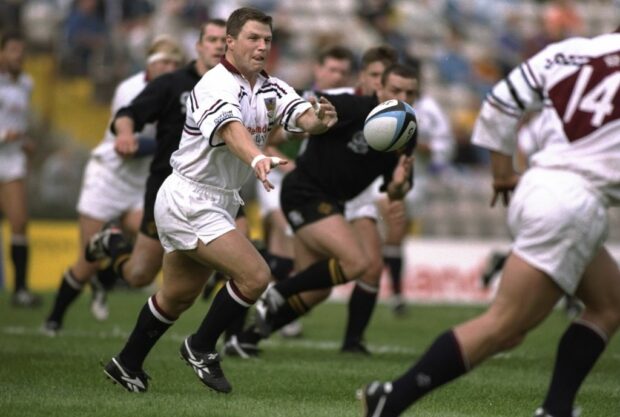
I’d already decided a year earlier that I was going to go back to Rugby Union. While I really enjoyed League, I missed the game of Union and all its finer details. So when the opportunity to join Sale Sharks came up, I took it. I signed at the same time as Jason Robinson and the Monday after we’d both played in the Grand Final, we found ourselves at Sale training.
While I’d always stayed in touch with Union by watching games and supporting my mate Shane Howarth at Sale, it did take me a little while to re-adjust. It was a bit frustrating at times not getting the same amount of carries as I was used to in League, although to be fair to Jos Baxendell, he was always trying to persuade me to stand outside of him so he could pass the ball and let me take the hits! I remember playing against Leicester at Welford Road and it was quite a close, hard-fought game, but I wasn’t tired at all when I came off the park. I turned to Jason and said, ‘I could easily do another half’.
You could tell the club was on the up with a good mix of local young talent and older, more experienced heads, and in 2002 we won the Parker Pen Shield after a tight win over Pontypridd in Oxford. I was involved in the Cup run right up until the quarter-final stage, scoring six tries in six games, but my increasingly dodgy knee went ‘on holiday’ again and that sadly kept me out of the semi-final and final.
People say to you, ‘how do you know when it is time to retire’ and I always say, ‘you just do’. Your mind and body tells you that you are done. I wanted to coach and contribute to the process of helping other people develop their game. By 2003, I’d had my time.
After a short period as head of training at Sale, I moved across to St Helens in a similar role and we won 11 titles over the six years I was there, which was fantastic. In 2009 I left and moved to Dubai, initially as head of rugby at an international school before becoming director of sports, a role I held until 2016 when the UAE Rugby Federation appointed me as high performance manager. I also run my own rugby academy.
– as told to Jon Newcombe


British and Irish Lions
Charlie Elliott: The 17 backs I would select for the British and Irish Lions

British and Irish Lions
Charlie Elliott: The 21 forwards I would select for the British and Irish Lions squad

















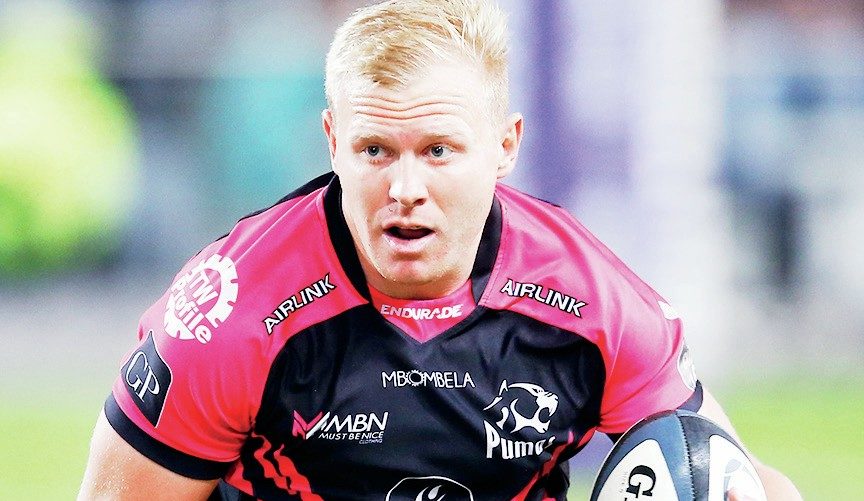
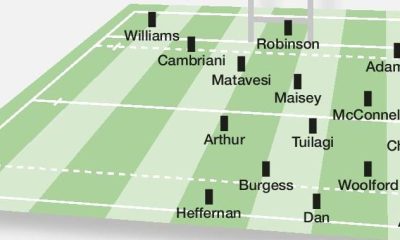

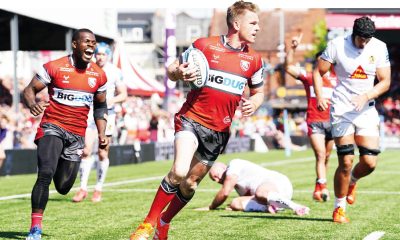

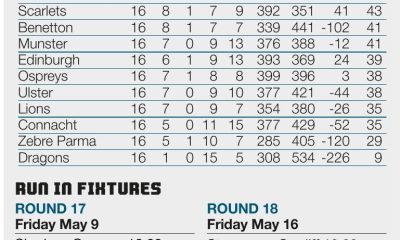

You must be logged in to post a comment Login